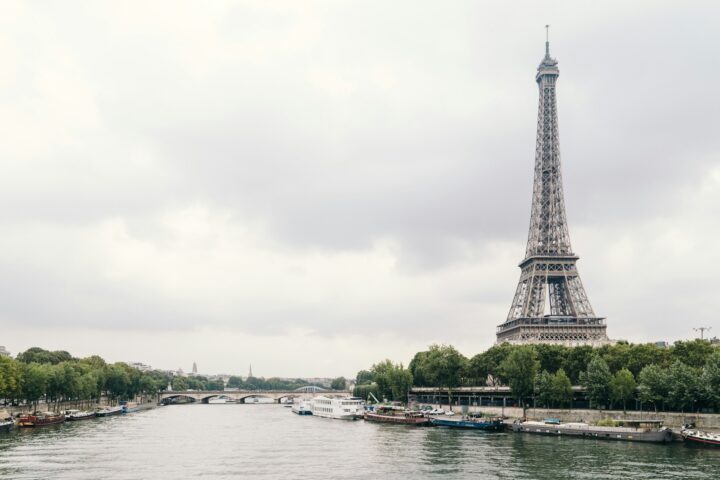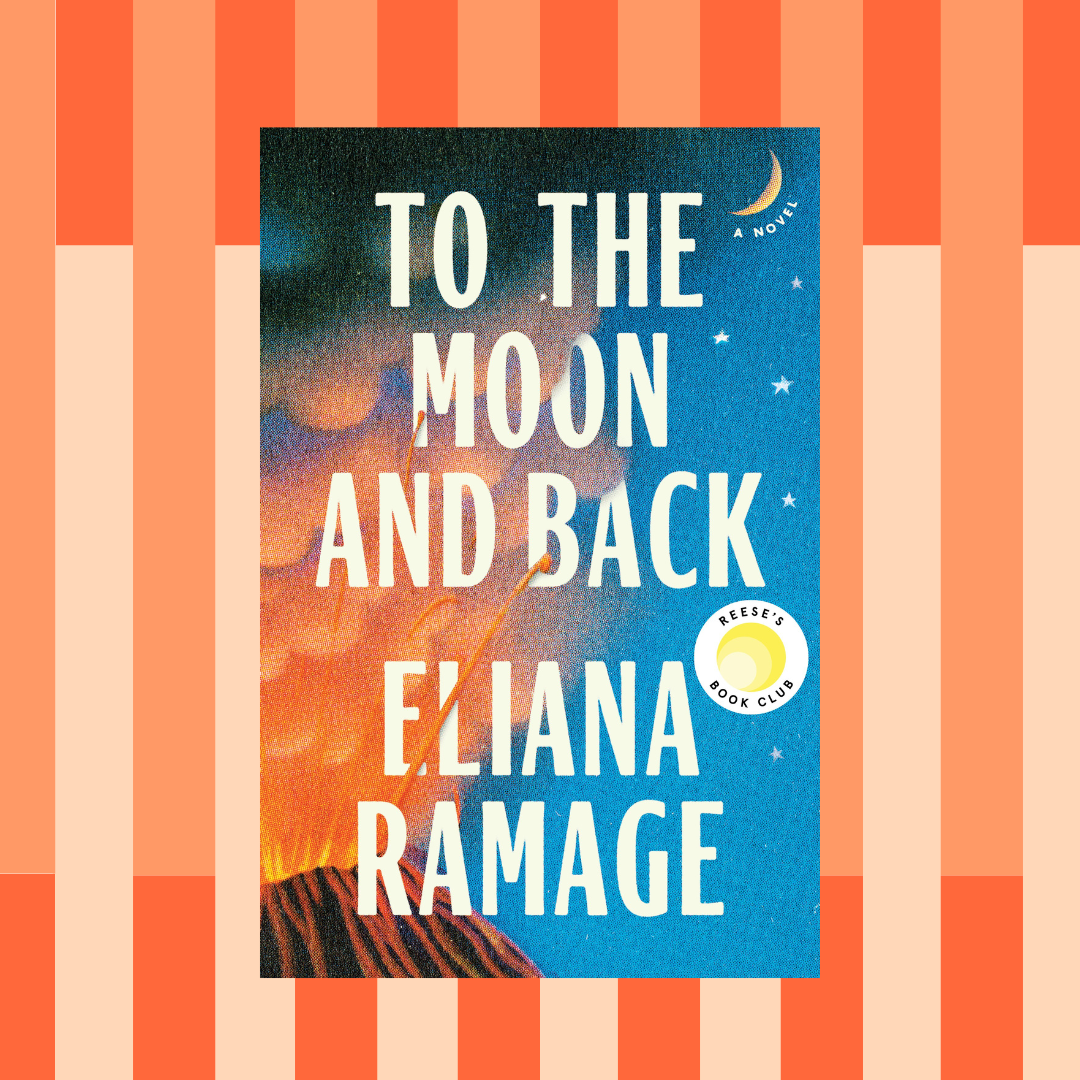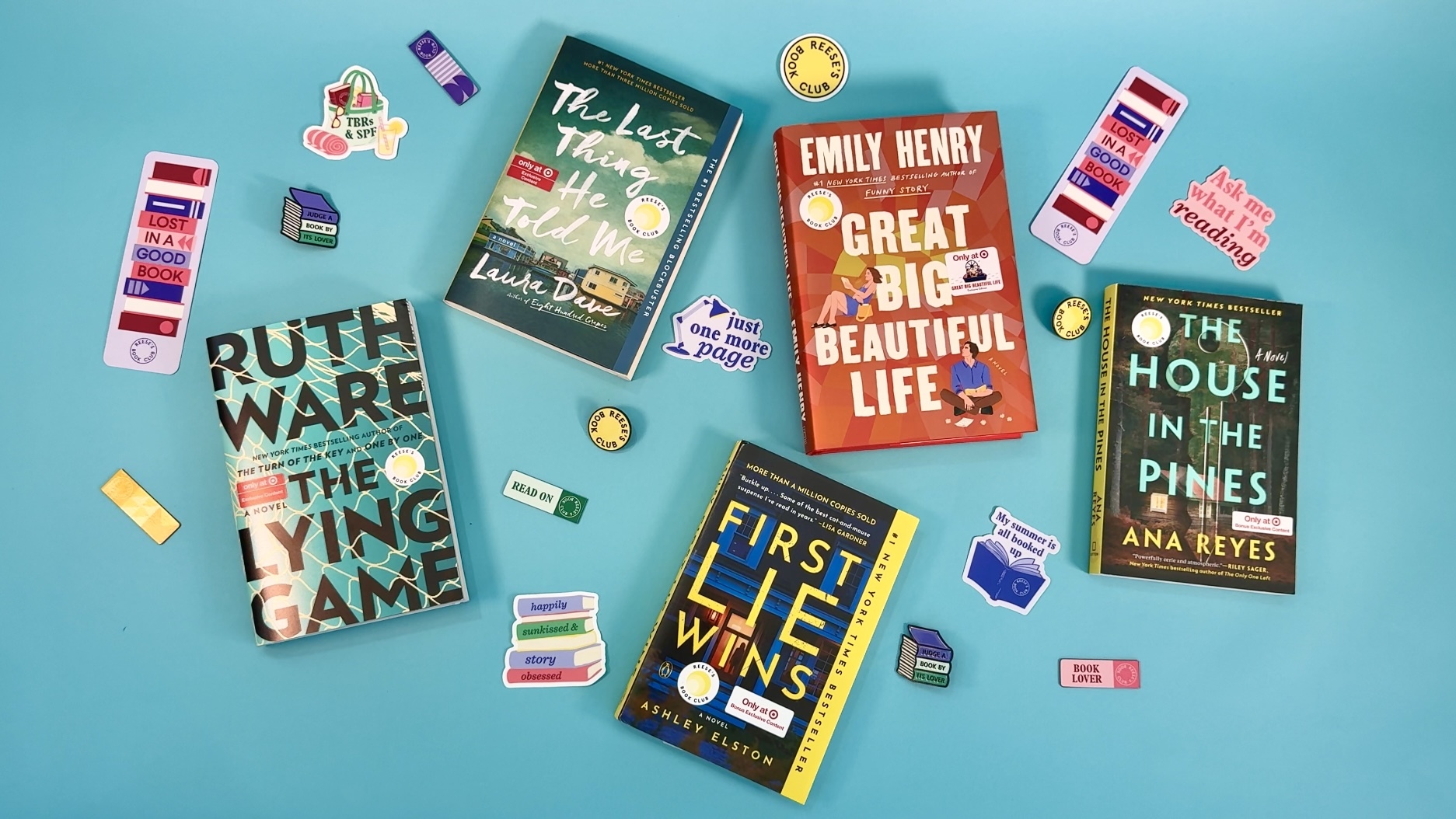I began writing fiction when I was pregnant with my son. I had a difficult pregnancy and was bedridden for several months and writing came as a kind of gift. I never expected to love it as much as I did. When my son was born, I realized that I wanted to put my law career aside and try to become a novelist. In the beginning, I was really just looking for a creative outlet, something I could do at home, in small bursts of time. It never occurred to me that I might have a talent for writing, but I certainly developed a passion for it. I stole moments here and there, in the dark hours before morning or well after everyone else was sleeping.
The first advice any novice writer gets is to write what you know, and I took that to heart. I wrote about women’s lives—our friendships, our families, our losses, our triumphs, the pressures and joy of motherhood, and the struggle for a work-life balance. In short, I wrote about my life and my friends’ lives and what we cared about. It wasn’t until I transitioned into the empty nest phase of parenting that my interest expanded into historical fiction. I became semi-obsessed with women’s lost stories. So much of women’s history has been marginalized or forgotten. I was first pulled into this obsession by research for my novel, Winter Garden. When I learned the story of the Siege of Leningrad, during World War II, and how the city became a frozen island, full of women trying to keep their children alive in the face of unimaginable hardship, I was hooked. I became a voracious reader of non-fiction about the war. It surprised—and irritated—me that the heroic stories of women were often a paragraph or worse, a footnote. I couldn’t believe that the world didn’t know about the bravery women had exhibited during the war, and so I set myself that task: to write about one small piece of the larger story—the women of the French Resistance.
People frequently ask where I get my ideas. Quite often, they originate with a question that I want to answer for myself, and this was the case with The Nightingale. I set out to shine a light on women’s stories and ended up writing a very human story about two ordinary women dealing with the horrors of war in different ways. The novel deals with the rise of fascism, the daily struggle, and the destruction of a country that comes with war. It also shows the beauty of personal heroism, bravery, and the power of love to move mountains. Our world is an increasingly dangerous, divided, uncertain place. There are so many lessons we can learn from the past. I think history is a great prism through which to judge our compassion, our growth, and our commitment to one another.



